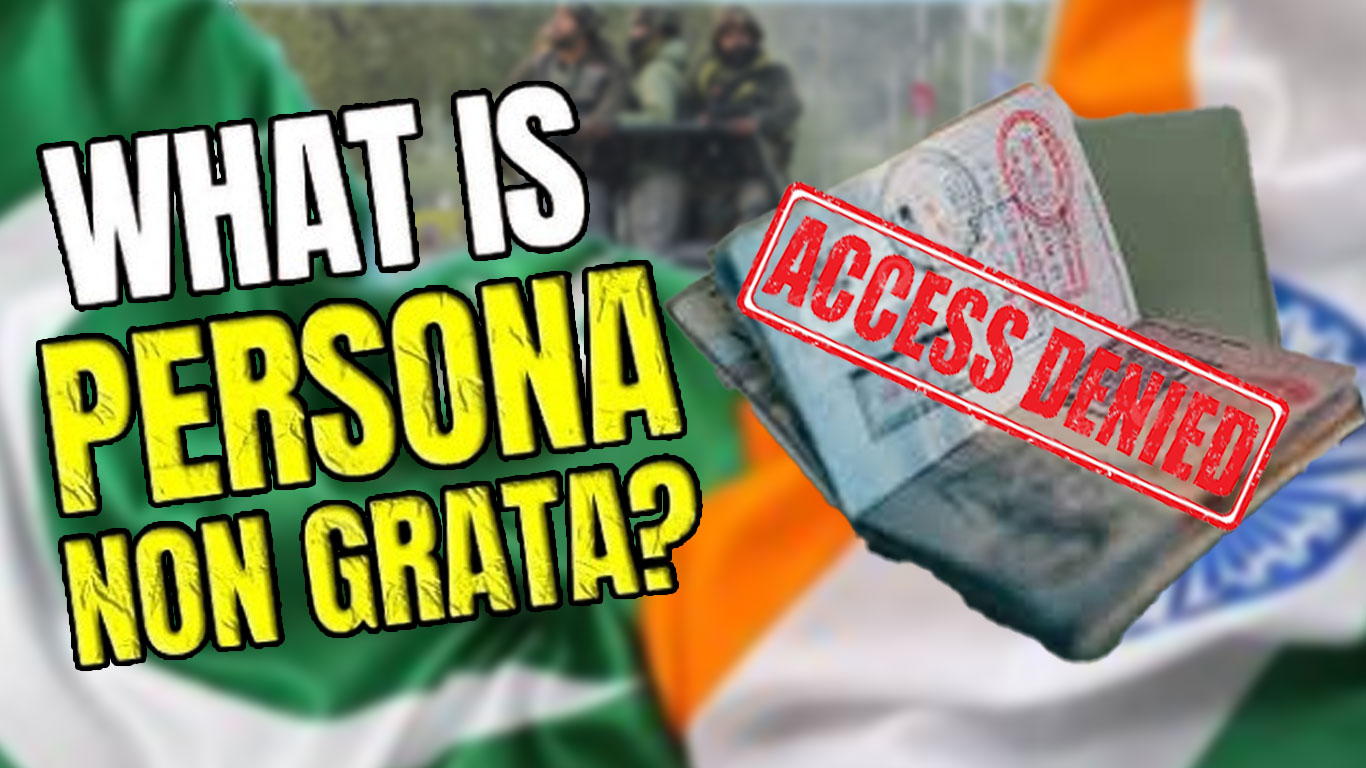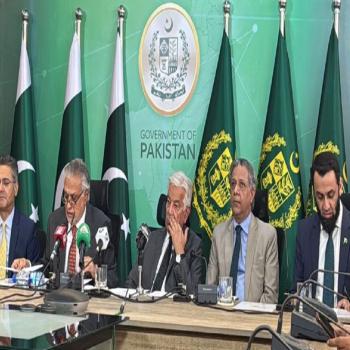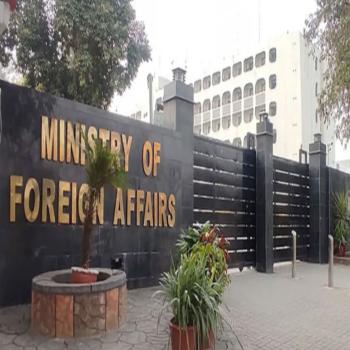Following the tragic terrorist attack in Pahalgam that claimed the lives of 26 tourists, India has taken a dramatic diplomatic step by declaring multiple Pakistani military diplomats persona non grata, giving them one week to leave the country.
The decision was communicated to Pakistan’s Deputy High Commissioner, Saad Ahmad Warraich, who was summoned late Wednesday night to India’s Ministry of External Affairs in New Delhi. A formal note was handed over, targeting Pakistan’s Defence, Naval, and Air Advisors in the Indian High Commission, effectively expelling them.
This ambitious diplomatic action is interpreted by most analysts as politically motivated and as part of a larger effort by the Modi government to divert attention away from domestic unrest and growing regional instability.
The move has been sharply criticized by Pakistani officials, such as Deputy PM Ishaq Dar, Defence Minister Khawaja Asif, and Foreign Minister Sardar Awais Leghari, who have labeled it as "irresponsible, hasty, and unilateral."
What is Persona Non Grata?
Persona non grata is an expression based on international law in the Vienna Convention on Diplomatic Relations of 1961. It permits a host state to remove foreign diplomats without reason. Usually, diplomats who are declared persona non grata have to leave within 48 to 72 hours, but in this instance, India has granted seven days.
India alleges the expulsions are retaliatory to Pakistan's alleged complicity in the Pahalgam attack — something Pakistan vociferously denies, calling the attack a "false flag operation" designed to demonize Pakistan globally.
The project has further soured already strained relations following the 2019 revocation of Article 370, renewed ceasefire violations, and Indus Waters Treaty (IWT) disputes — a legally binding bilateral accord inked in 1960 with the participation of the World Bank.
Pakistan's response
Pakistan's National Security Committee (NSC), led by Prime Minister Shehbaz Sharif, held an emergency meeting and made a strong warning: "Any move by India to halt or divert the flow of water rightfully owned by Pakistan under the Indus Waters Treaty will be treated as an act of war and met with full force across the entire range of national power."
This strong response came after India’s unilateral suspension of the Indus Waters Treaty, a six-decade-old agreement that has long governed water-sharing between the two nuclear-armed neighbours. The NSC termed India's behaviour as reckless, irresponsible, and in direct violation of international laws, UN Security Council Resolutions, and other binding agreements.
Further escalating the matter, Pakistan’s Foreign Office summoned Indian Charge d’Affaires Geetika Srivastava on Thursday to formally lodge a protest. During the meeting, a written démarche was handed over outlining Pakistan’s decisions, which include:
- Downgrading diplomatic ties with India.
- Limiting the Indian High Commission’s staff in Islamabad to 30 members.
- Declaring India’s defence, naval, and air attachés as persona non grata and instructing them to leave Pakistan.
Diplomatic sources confirmed, “The decisions were officially communicated to the Indian side in writing. Pakistan is exercising its sovereign right to respond to India’s provocative and unilateral actions through established diplomatic channels.”
Meanwhile, the NSC continues to review additional legal, civil, and diplomatic retaliatory measures. The government is also consulting legal experts on India’s breach of water-related obligations, especially in the context of regional security, national sovereignty, and lower riparian rights.
Political and public circles, from Lahore to Islamabad, are unanimous in calling for a strong and measured response that maintains Pakistan's territorial, water, and diplomatic integrity.






